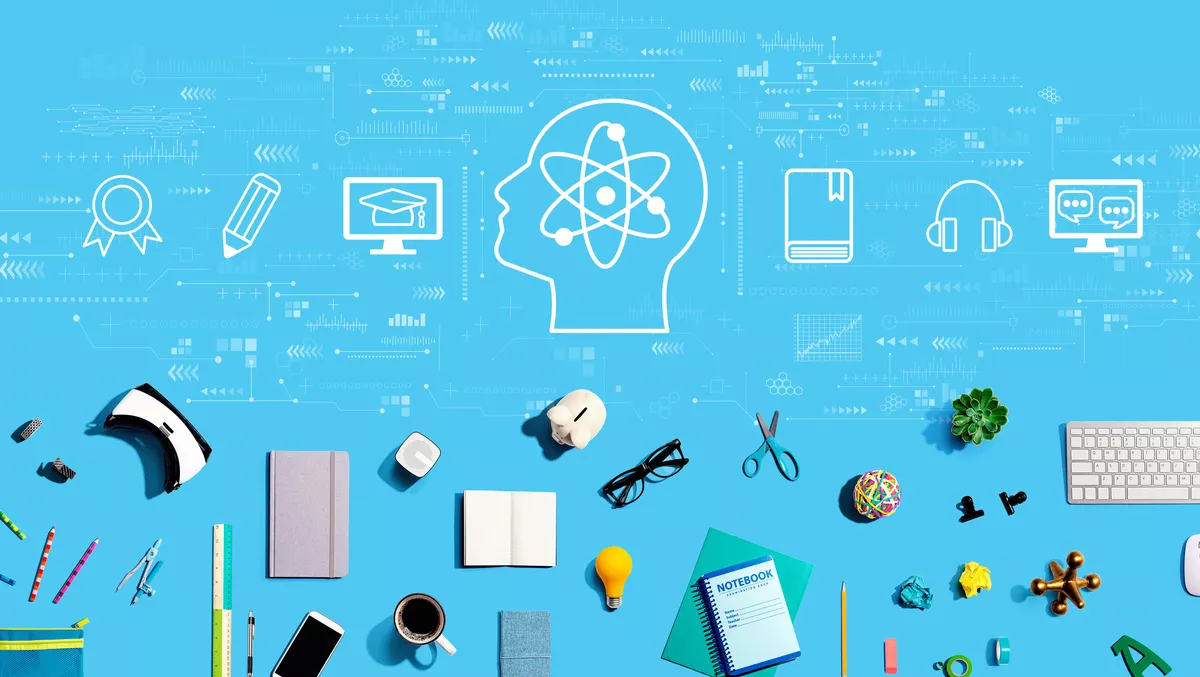
New predictions by Brainly say AI and interactive learning still vital in classrooms of 2022
AI will continue to play a vital role in classrooms around the world this year, according to predictions by EdTech provider Brainly.
With 2021 delivering new learning opportunities that were created to cater to the individual rather than a collective hive, the sudden growth in online tools has sparked a shift to hybrid and digital work styles in classrooms as well as in workplaces.
Brainly predicts that a range of tools and developments will be utilised going forward to help nurture children in uncertain times, and they will all combine to be used in versatile situations.
Some of the key points mentioned were:
AI-enabled adaptive learning
The growth of technological capabilities in the Edtech field means there are now a variety of media and learning-support tools that exist to help students receive a high-quality education through the internet.
Teachers are starting to appreciate this benefit for students when they immediately notice the greater flexibility it can offer in their learning schedule. These types of systems allow teachers to set tasks and boundaries so they can work remotely and in the classroom in a more centralised way.
Personalised learning
Personalised learning is something that many educators strive to achieve and implement in the Edtech space, and the pandemic has slowly started to make some aspects become a reality. New technology allows more educators to craft lessons that suit an individual's learning needs and requirements.
Soft skills training
A classroom can be a defining space for learning, discovery and exploration for kids of all ages, but what students learn outside of a classroom can be just as crucial. Essential skills in the workplace like critical thinking, problem-solving, people management, and creativity are now being implemented in Edtech to further prepare students for the future.
Future employers and learning establishments want to see emerging professionals who understand how to make hard decisions and showcase their leadership abilities.
Gamification
More and more educators are choosing to gamify their lessons by adding interactive elements and reward-based gaming systems. This is shown to be an effective tool for getting students to engage in their work and fuels excitement towards learning.
V.R. - augmented reality
V.R. technology enables students to learn material faster, according to a recent study by PwC. VR/AR is said to assist students with eliminating distractions and immersing themselves in their work. It's also a convenient tool for students with ADD/ADHD since V.R. equipment has the ability to fully immerse the user in its digital landscape.
Leveraging analytics - data
Data and analytics are key indicators of success for educators, so the reliance on this type of technology can help with further planning. It can also help provide a student voice in a manageable way and allow educators to keep track of how students are doing and what needs attention.


